I've tried various examples, but can't seem to add days to a date. What am I doing worng?
$DateForQuery = date('Y-m-d',strtotime($_POST['fromdate']));
echo $DateForQuery;
echo "<br>";
for($x = 1; $x <= $days; $x++)
{
$NewDateForQuery = date_add($DateForQuery, new DateInterval("P5D"));
echo $x;
echo "<br>";
echo $NewDateForQuery;
}
Output:
